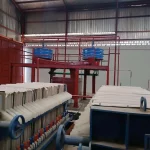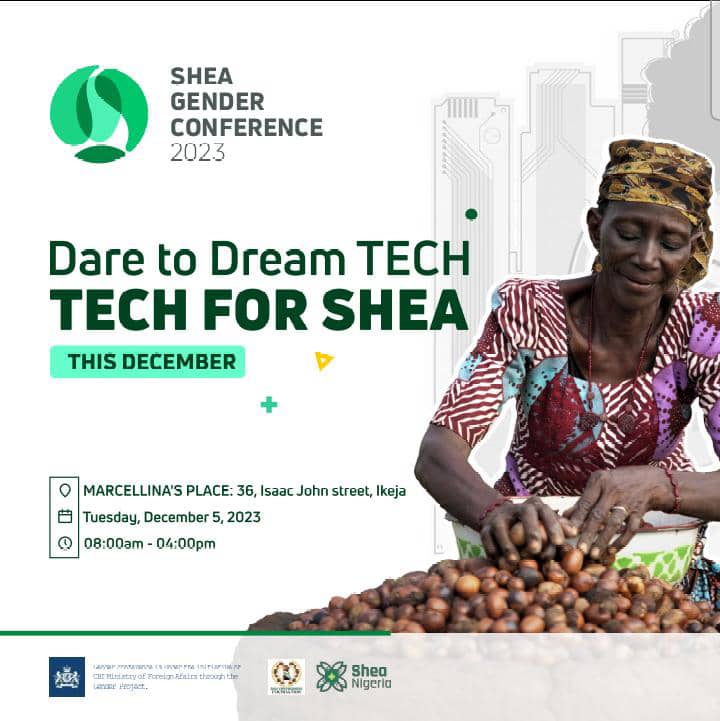The Kwara State Government has projected that the Kaiama Shea Butter Factory, currently under construction, will generate over 10,000 direct and indirect jobs upon completion, marking a significant step toward rural economic revitalization and industrial growth.
This was announced by the Commissioner for Agriculture and Rural Development, Dr. Afees Alabi, during a site inspection in Kaiama on Saturday, as part of efforts to align the project with the broader priorities of Governor AbdulRahman AbdulRazaq’s administration.
Dr. Alabi described the factory as a major economic game-changer, particularly for rural dwellers, women, and young people. The project will engage stakeholders across the shea value chain—from nut collectors and processors to transporters, traders, and exporters—ensuring wide-ranging opportunities in the sector.
“Kaiama is strategically located in one of Nigeria’s richest shea-producing belts,” the commissioner said, highlighting the region’s globally sought-after shea nuts, renowned for their high oil content and purity. These attributes make the area ideal for a processing facility that meets international demand in the cosmetics, food, and pharmaceutical industries.
He added that the shea butter factory is a central pillar of the state’s agro-industrial development strategy, which aims to diversify the economy, reduce poverty, and strengthen Kwara’s role in Nigeria’s agricultural value chain.
Beyond job creation, the facility is expected to stimulate increased shea cultivation, attract local and foreign agribusiness investment, enhance non-oil exports, and promote sustainable rural livelihoods. Dr. Alabi noted that the initiative also aligns with the state’s vision to build industrial hubs, boost value addition in agriculture, and create market access for farmers and entrepreneurs.
“This is what it means to govern with vision—investing in the land, empowering the people, and securing the future,” he stated.
As construction progress, the commissioner affirmed the government’s commitment to maintaining best practices in sustainability, gender inclusion, and local content development, ensuring the project’s long-term success and impact.










